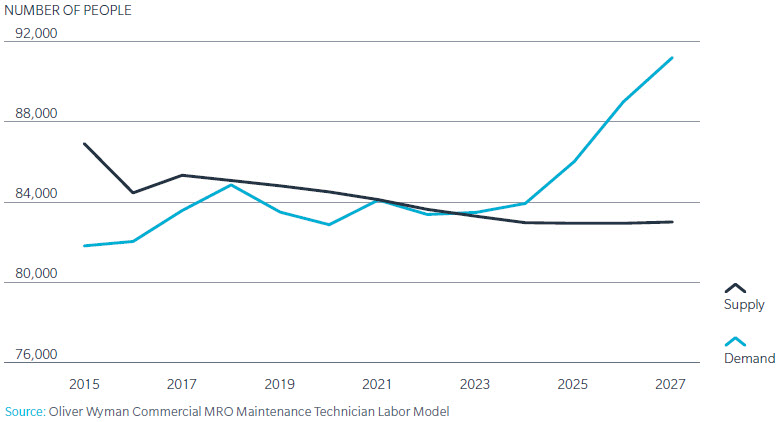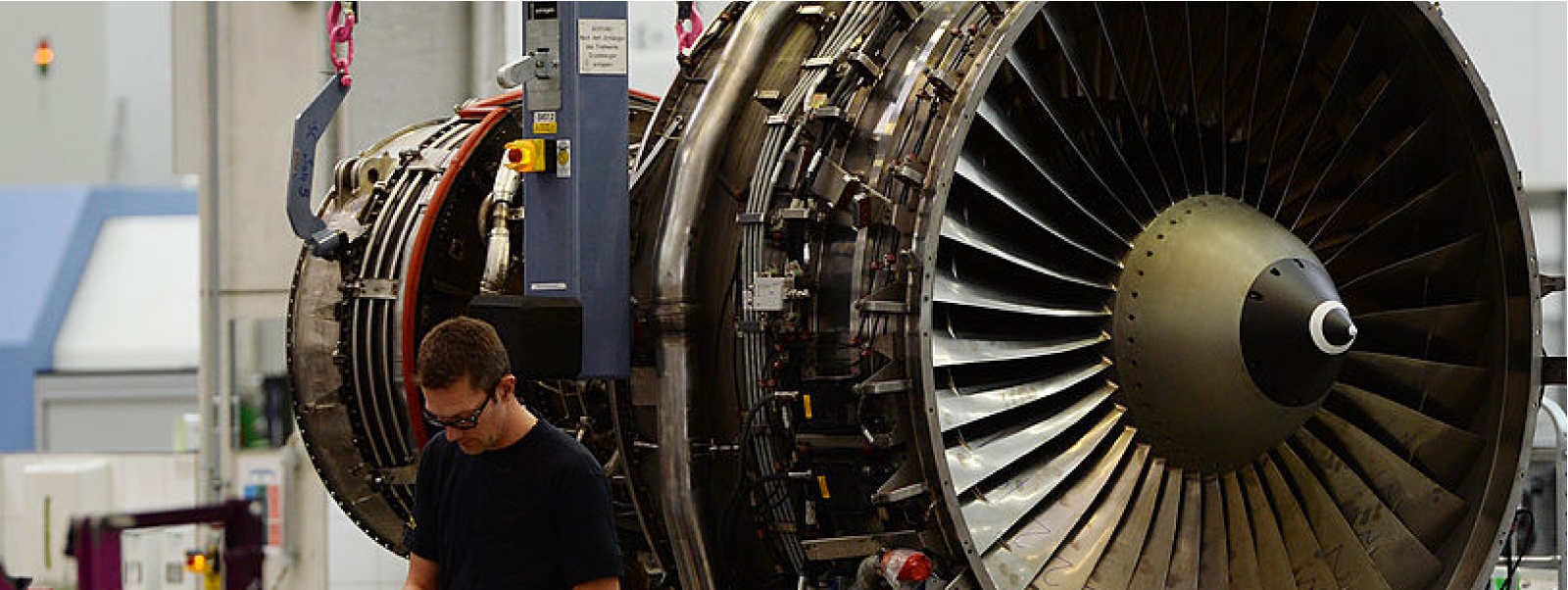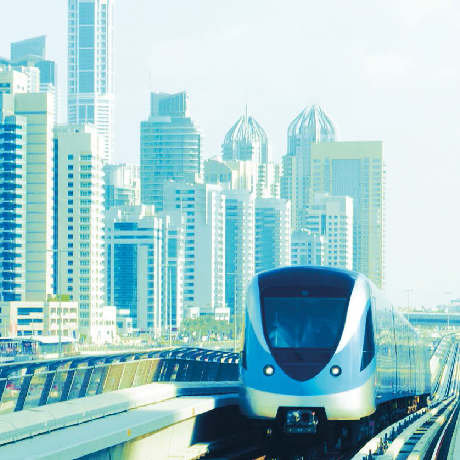Over the next decade, the record number of maintenance technicians eligible to retire will outpace the total of new mechanics entering the market globally. For example, by 2027 in the US, demand for maintenance technicians is forecasted to outstrip supply by 9%.
Additionally, the shortfall is expected to create expertise gaps in critical areas as the industry finds itself having to service a fleet that by 2027 will be almost equally divided between older and newer technology aircraft. Already, a majority of survey respondents (78%) report that it is getting harder to hire mechanics and the tightening labor market is pushing them to rely on overtime and other stop-gap efforts to keep up with market demand.
Meanwhile, the promise of advanced analytics and game-changing technologies remains elusive for many in the aftermarket, with only 20 percent of respondents currently seeing a material impact on business operations from these technologies. Participating executives describe their industry as constrained by old IT systems (62%) that lack functionality and flexibility and are too often not compliant with changing regulations.
Given the looming labor shortage and failure to upgrade technology, Oliver Wyman sees a prospect for rising maintenance costs and an increase in turnaround times (TAT) for scheduled maintenance. In response, airlines are likely to retain more spare aircraft as a backup for potential servicing delays.

For example, by 2027 in the US, demand for maintenance technicians is forecasted to outstrip supply by 9%
Tom Cooper speaks at MRO Europe in the Trends and Forecast session.
CAVOK Vice President Dave Marcontell presents his industry analysis and forecast.













